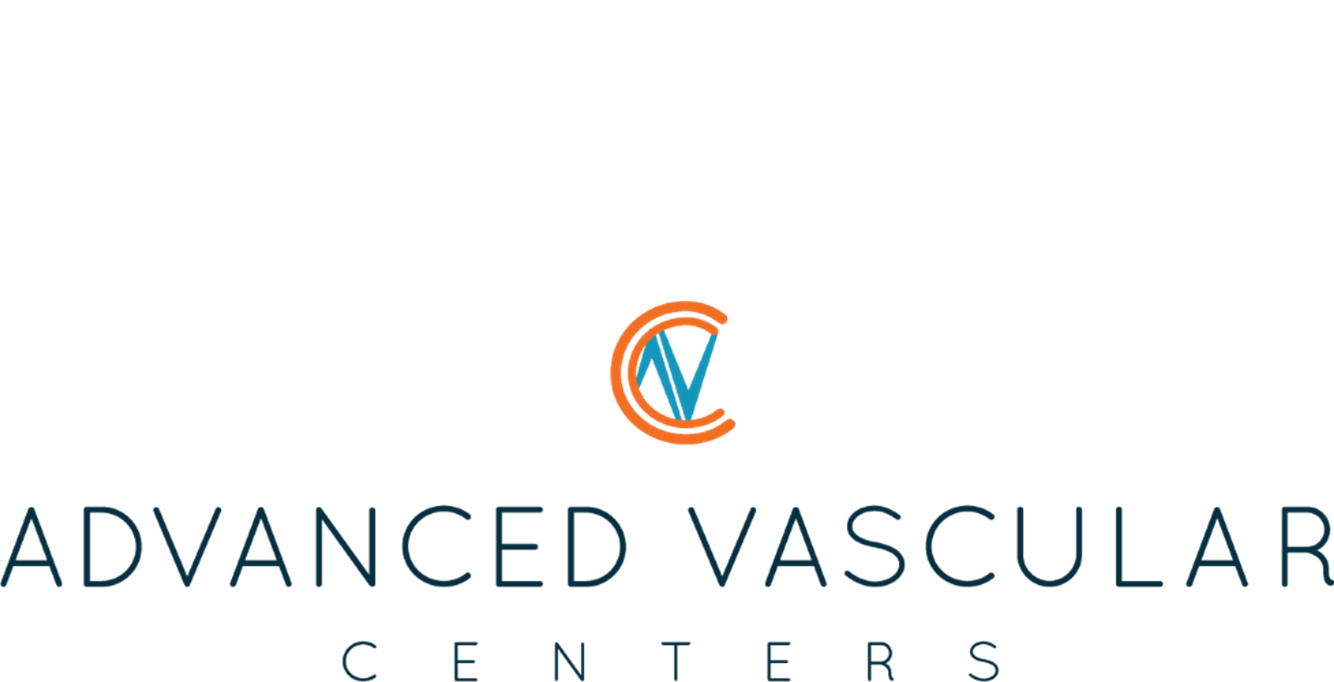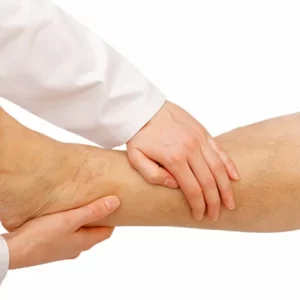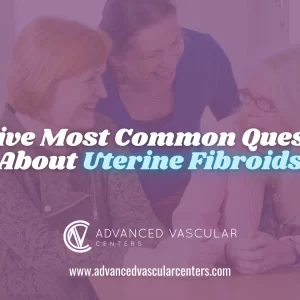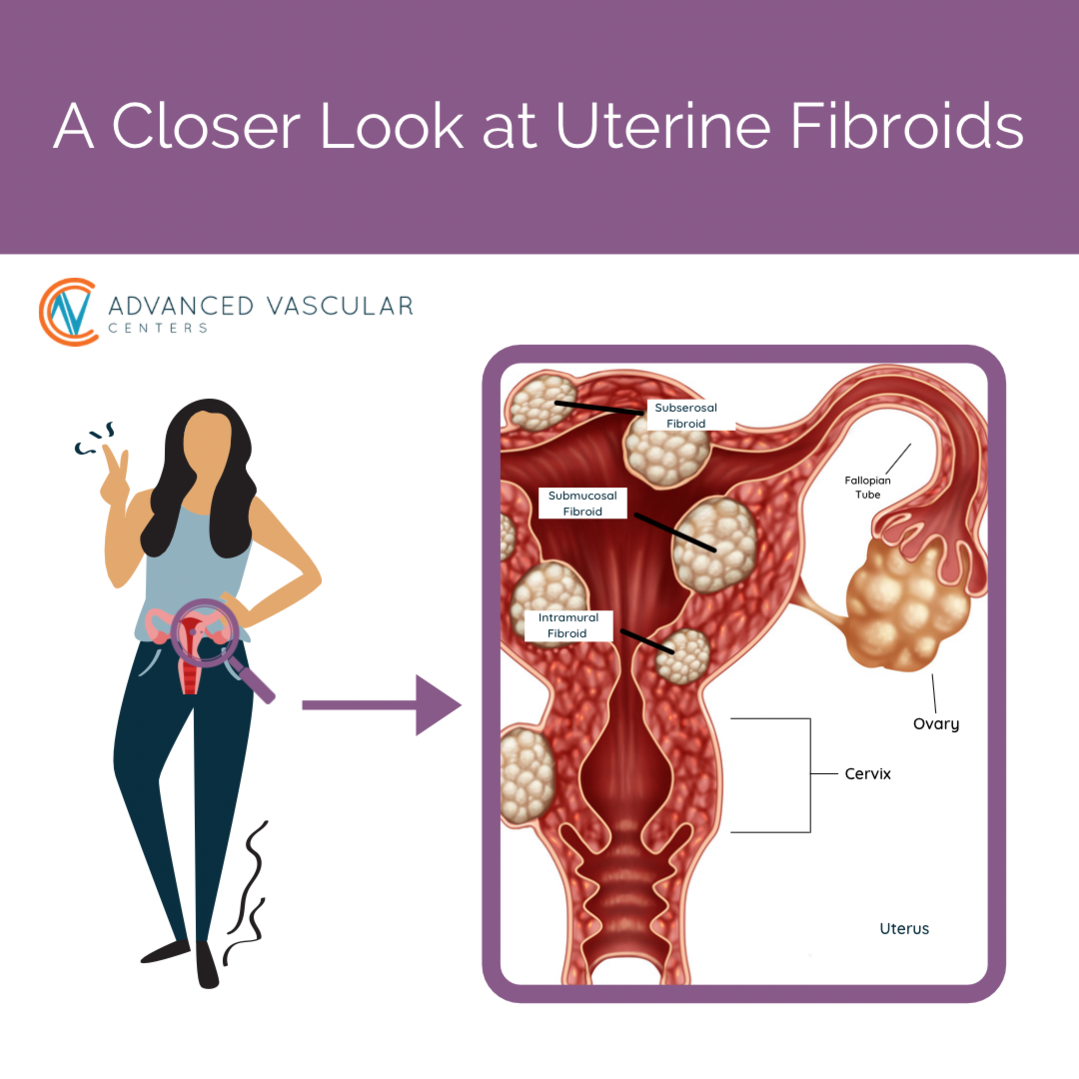VEIN ABLATION
Vein ablation is a minimally invasive procedure used to treat varicose veins and venous insufficiency. It involves the use of heat or laser energy to seal off the affected veins, causing them to shrink and eventually disappear.
Contact AVC to see if you are a candidate for Vein Ablation.
Overview of Vein Ablation
Vein ablation is a minimally invasive procedure used to treat varicose veins and venous insufficiency. It involves the use of heat or laser energy to seal off the affected veins, causing them to shrink and eventually disappear. Vein ablation is often performed by interventional radiologists or vascular surgeons and is considered a safe and effective treatment option for varicose veins.
Understanding Varicose Veins and Venous Insufficiency
Varicose veins are enlarged, twisted veins that usually occur in the legs and are often a result of weak or damaged valves in the veins. Venous insufficiency occurs when these valves fail to function properly, causing blood to pool in the veins and leading to symptoms such as swelling, pain, and fatigue.
Types of Vein Ablation
There are several types of vein ablation procedures, including:
- Endovenous laser ablation (EVLA): This procedure uses laser energy to heat and seal off the affected veins.
- Radiofrequency ablation (RFA): This procedure uses radiofrequency energy to heat and seal off the affected veins.
- Cyanoacrylate adhesive ablation: This newer technique uses a medical adhesive to seal off the affected veins.
Benefits of Vein Ablation
Vein ablation offers several benefits for patients with varicose veins and venous insufficiency, including:
- Improved appearance: Vein ablation can help reduce the appearance of varicose veins and improve the overall appearance of the legs.
- Symptom relief: Vein ablation can help reduce symptoms such as pain, swelling, and fatigue associated with varicose veins and venous insufficiency.
- Minimally invasive: Vein ablation is a minimally invasive procedure that typically requires only a short recovery period.
- High success rate: Vein ablation has been shown to be highly effective in treating varicose veins and venous insufficiency, with a low rate of recurrence.
Postoperative Care
After vein ablation, most patients can resume normal activities within a few days. Compression stockings may be recommended to help reduce swelling and promote healing. Follow-up appointments are typically scheduled to monitor the healing process and evaluate the results of the procedure.
Vein ablation is a safe and effective treatment option for varicose veins and venous insufficiency. The procedure offers several benefits, including improved appearance, symptom relief, and a minimally invasive approach. With its high success rate and low risk of complications, vein ablation has become a widely used and accepted treatment for varicose veins and venous insufficiency.
The Vein Ablation Procedure
The vein ablation procedure is typically performed on an outpatient basis and involves the following steps:
-
- Anesthesia: The patient is given local anesthesia to numb the area where the ablation will be performed.
- Catheter insertion: A small incision is made in the skin, and a catheter is inserted into the affected vein.
- Ablation: Heat or laser energy is delivered through the catheter to seal off the affected vein.
- Post-procedure care: After the procedure, the incision site is covered with a bandage, and the patient is typically able to resume normal activities the same day.
Risks and Complications
While vein ablation is generally considered safe, there are some risks and complications associated with the procedure, including:
- Infection: There is a risk of infection at the incision site.
- Bleeding: There may be bleeding at the incision site or inside the vein.
- Nerve damage: In rare cases, the heat or laser energy used in the procedure may damage nearby nerves.
- Deep vein thrombosis (DVT): There is a small risk of developing a blood clot in the deep veins of the leg.
FAQS
Who is a candidate for vein ablation?
Candidates for vein ablation are typically individuals with symptomatic varicose veins or venous insufficiency that have not responded to conservative treatments such as compression stockings. A thorough evaluation by a healthcare provider is necessary to determine eligibility.
What are the risks and complications of vein ablation?
While vein ablation is generally considered safe, there are some risks and complications associated with the procedure, including infection, bleeding, nerve damage, and deep vein thrombosis (DVT).
What is the recovery process like after vein ablation?
Most patients can resume normal activities within a few days of vein ablation. Compression stockings may be recommended to help reduce swelling and promote healing. Follow-up appointments are typically scheduled to monitor the healing process.
How effective is vein ablation in treating varicose veins and venous insufficiency?
Vein ablation has been shown to be highly effective in treating varicose veins and venous insufficiency, with a low rate of recurrence. It can help improve the appearance of varicose veins and reduce symptoms such as pain, swelling, and fatigue.
Can vein ablation be used in combination with other treatments?
Yes, vein ablation can be used in combination with other treatments, such as sclerotherapy or phlebectomy, to treat varicose veins and venous insufficiency. Your healthcare provider will determine the most appropriate treatment plan based on your individual condition.
Are there any lifestyle changes I need to make after vein ablation?
While no specific lifestyle changes are required after vein ablation, maintaining a healthy lifestyle, including regular exercise and a balanced diet, can help prevent the recurrence of varicose veins and venous insufficiency.




